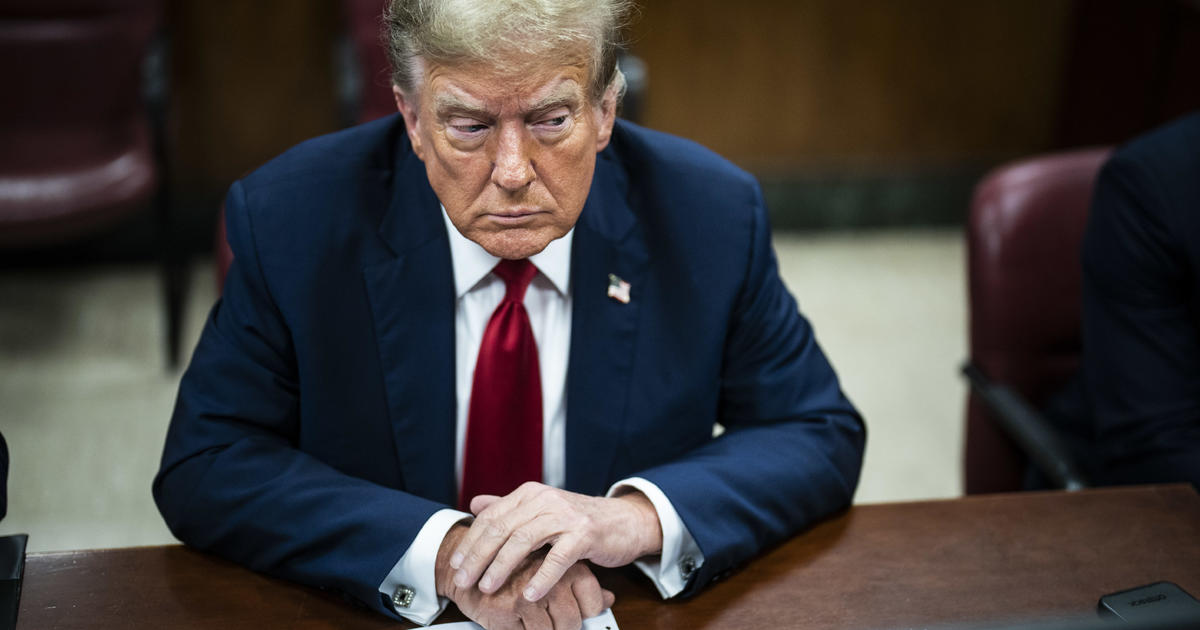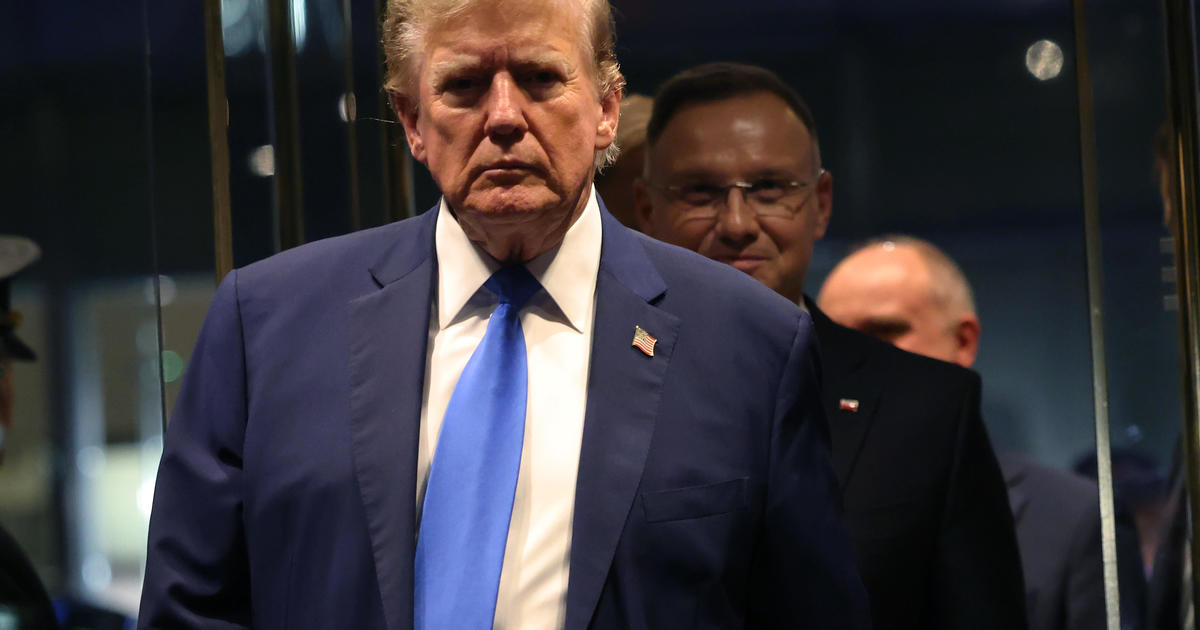Could Trump's response to Charlottesville sink his economic agenda?
When President Donald Trump launched into his press conference on Tuesday, it was chiefly to outline his vision for transforming the nation's aging infrastructure and energizing the U.S. economy. Then he took a detour.
His move to instead use the occasion to defend white nationalists following a rally in Charlottesville, Virginia, that erupted in lethal violence has caused a furor, estranging Republican lawmakers, antagonizing business leaders and intensifying the discord within his administration. That backlash now threatens to swamp Mr. Trump's best-laid economic plans, Wall Street analysts say.
The president's actions "further divided him from key members of his own party, created chaos among his staff and alienated support within the business community -- support he will need to pass key elements of his economic agenda such as tax reform and infrastructure spending," financial analyst Brian Gardner of KBW said in a report.
Amid the political fallout, rumors swirled that National Economic Council Chair Gary Cohn was considering stepping down after the president's statements on Charlottesville. Multiple media outlets said Cohn was "deeply upset" by comments in which Mr. Trump blamed "both sides" for the violence and said there were "very fine people" among the neo-Nazi crowd.
After an unconfirmed tweet popped up Thursday saying Cohn was resigning, stocks took a dive. The S&P 500 dropped nearly 1 percent and the Nasdaq Composite Index fell 1.4 percent. The markets closed with the S&P down 1.5 percent, at 2,430; the Nasdaq down 1.9 percent, at 6,221 and the Dow Jones Industrial Average down 1.2 percent, at 21,750.
Cohn, the former president of Goldman Sachs (GS), is viewed on Wall Street as a strong voice for business interests and a key actor in the push to cut taxes on corporations. Some in corporate circles also are counting on Cohn to serve as a counterweight to Trump adviser Stephen Bannon, an avowed populist who favors a crackdown on big banks, among other things.
With talk that Cohn could leave, the White House on Thursday issued a statement that he was staying put. "Nothing has changed," the statement said.
But the market reaction reveals investors' concern: Mr. Trump's economic agenda -- a tall order even before the events at Charlottesville -- are now hanging by a thread, heightening Cohn's importance to the administration. And if the president further alienates both corporate leaders and members of his staff sympathetic to big business, the chances of marshaling the political support required to pass legislation are much slimmer.
Mr. Trump's status in the business community took a serious hit Wednesday after an exodus of CEOs from his manufacturing jobs council spurred him to disband it, as well as the Strategy and Policy Forum, another CEO-heavy council that was on the verge of breaking up. On Thursday, Bloomberg reported that a planned council to advise the president on infrastructure matters would not be forming.
Of course, business leaders -- like politicians -- are generally more guided by cold political calculus than by moral considerations of the kind raised by Charlottesville. But the speed with which prominent chief executives have distanced themselves from the president and self-styled CEO-in-Chief highlight his diminished standing in Corporate America.
"At risk is the President's ability to fill out his own team, to push tax reform, to enact an infrastructure bill and to continue to attract business leaders to fill key government posts," wrote Cowen analyst Jaret Seiberg in a note.



